Sci-fi in the periphery
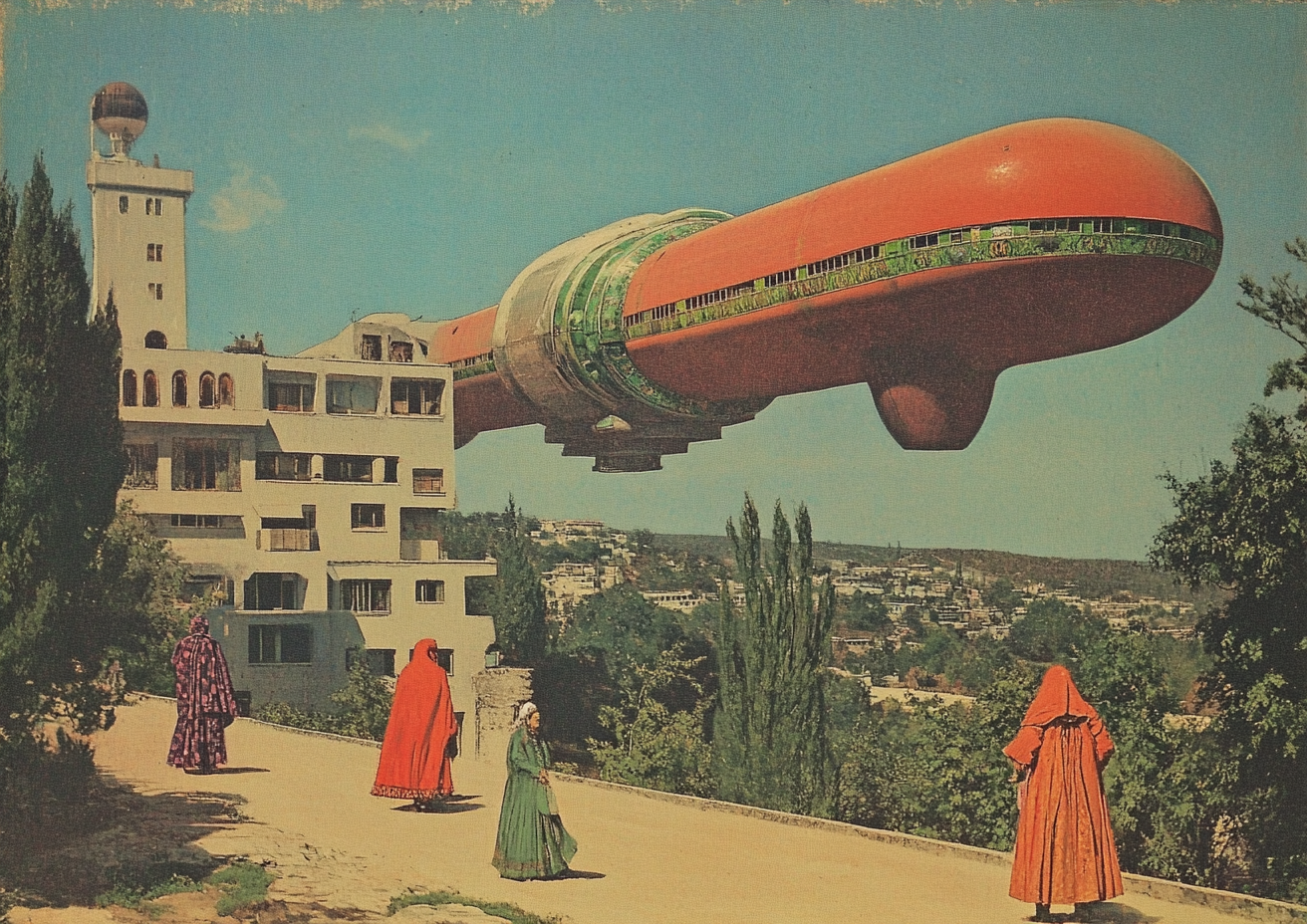
Many of the stories I read were literally about the authors describing their dream of a utopian future society. There are so many such Turkish sci-fi stories in the first half of the twentieth century that “Utopian Dream” can be classified as an entire subgenre.
Mangal media is collecting essays about the relationship between the periphery and science-fiction. Check out our submission guidelines to learn more
Nostalgia in the periphery
A Limited Edition Print Collection by Mangal Media

Nostalgia in the Periphery Articles
To mark the beginning of a new decade, Mangal Media is launching a series of articles about nostalgia.
These articles will question the relationship between identity and memory
and what it means to feel nostalgic in the peripheral world.
The question—can refugees be spiteful and remain acceptable as refugees—spoke to the core of my Bosnian origin, all my experiences of the aggression on Bosnia in the period of 1992–1995
Perhaps he's all I'll ever be—alone, shutting out the world, stubborn. With a packet of cigarettes that my child shares in silence. Perhaps it's all I can be.
I lost my mother when she was finally turning a new page for both of us. I can't describe the feeling of disappointment, of chagrin that she left me with. Cancer stole that opportunity from me.
Maybe my immense dislike of cooking and food has everything to do with the gendered aspect of it, the way I have seen my mother spend days and nights in the kitchen. Maybe I did not want to confine myself to it like her, which affected my ways with the food everyone else loves.
Perhaps it was through my mother’s meals that we were able to enter their community with our Kurdish language and identity. Perhaps this was how we managed to feel as safe as any other family in the neighbourhood.
I and most of the women close to me lived there and I didn’t recall us ceding the city to the men. Here in Ethos, as if to vindicate me, is the unmitigated identification of Istanbul with its women.
The personal integration my parents wished for me was a process that ignored my Georgian heritage. I never claimed it and I never learned to claim it either, because I feared the social downfall my parents warned me about.
My mother threw away all the toys I had once held dear. She told me it was because they had gone dark, blackened, covered in soot from a fire in the apartment, a fire she said that had been the work of a warlock who wanted to destroy her.
The seekh kebab roll exists somewhat synchronously to the way I do. What did somebody call a food they ate so often that it almost didn’t taste like anything anymore, except memory and instinct?
The fact that the burden of proof is on us who oppose the whitewashing of Moses speaks volumes about the conditions of our seeing today. That is, whiteness is seen as neutral. I sense this in the very need to dig into these sources and linguistics to prove that Moses was not white when such a notion should be obvious. And the shady discourse of racism makes us ask: Just how Black was he? Is “ādam” Black enough?
The 7th-century Najdi Bedouin poet Qays ibn al-Mullawah or more popularly known as Majnun (مجنون) crossed the Arabian desert, travelled through Persian literature, Hindi cinema and ended up on the door of my childhood home.
Ilker Hepkaner and Sezgin Inceel are co-hosts of Yine Yeni Yeniden 90’lar, a podcast which analyzes 90s Turkish pop music from feminist and queer lenses. They wrote about the first pop songs they remember, and how it relates to issues of nostalgia and belonging.
When I watched the movies I watched and listened to the music I listened to, I felt like Rapunzel, looking through a window at people living their lives and desperately trying to emulate it up in my own little tower. I didn’t like looking at the white world through a window and not being able to experience that life in my peripheral country, but I couldn’t help it.
There was no colloquial equivalent for the word “lesbian” in my mother tongue, and that may have contributed to my feelings of shame and solitude for a large part of my childhood.
Written with hindsight, Wasif seems to long for times, when the three religions lived together. This nostalgia sounds less like a tribute to the Ottoman rule and more of a yearning for a unified Jerusalem.
This type of reckoning with the past is a familiar experience for millennials from peripheral countries. We grew up watching the same cartoons, nagging our parents to buy the same toys and observing the world around us shrink at the same pace. Most importantly, we all had a moment when we thought this new and exciting shared global culture would make us all equal. When it didn't, we ended up experiencing the same sense of disappointment. All the cultural capital we acquired to fit in just made us look more suspicious. Whitey gawped at our ability to speak his language as if we were an entirely different species that miraculously learned to communicate through speech.
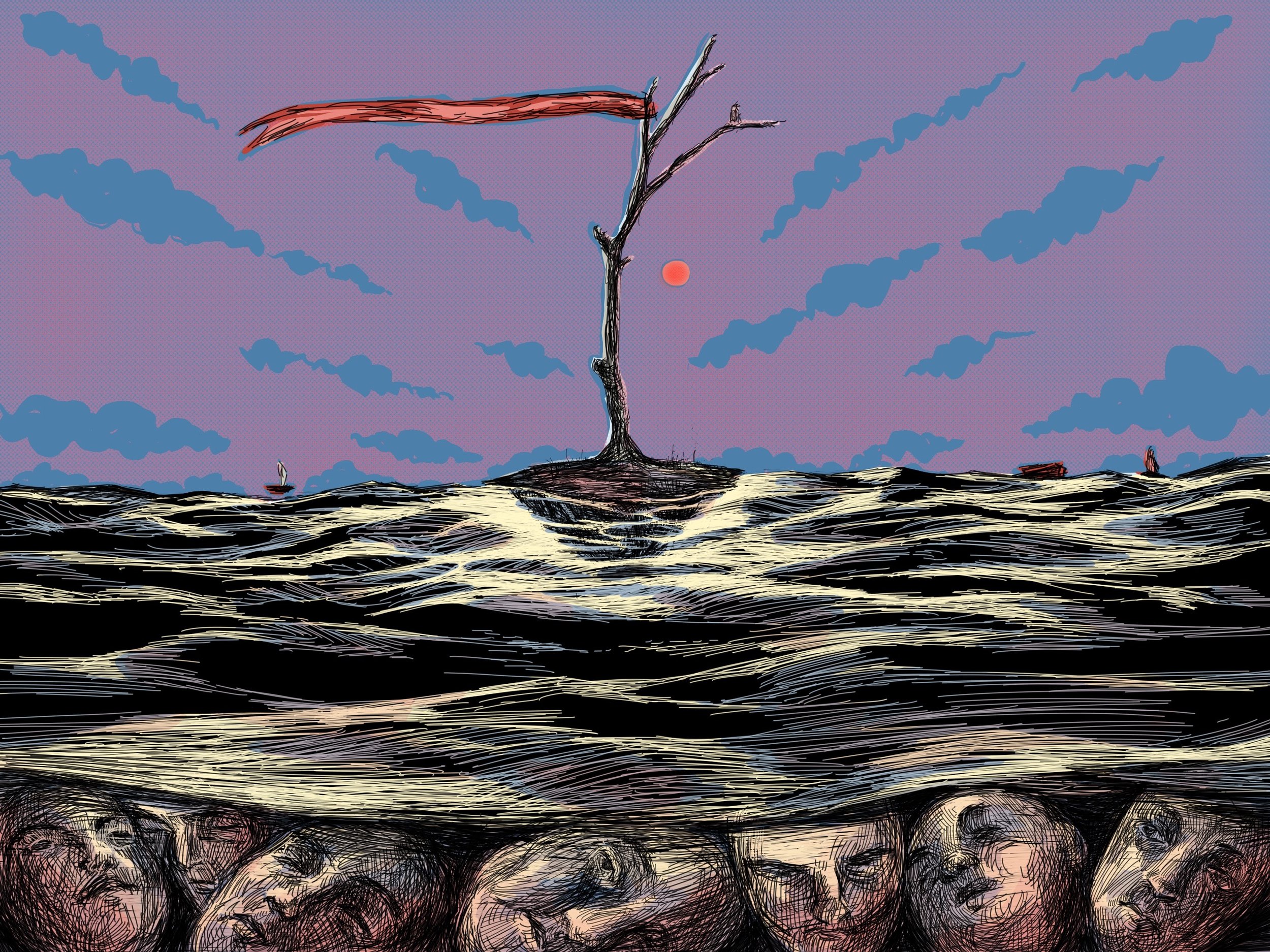
Politics
The Baloch, Pashtun, Kurd, Kashmiri, the people of Gilgit-Baltistan, and all colonized people and states should think about the best possibilities for collaboration.
The dictator is giving a tour through his New Museum of the Crimes of the Terrorist People which is adjacent to his third favorite Caspian palace, the gold and white one.
I was convinced I would go to hell and burn. Today, even as I don’t believe in Hell anymore, the fear of burning remains.
In Syria, while under siege and chemical warfare, under the bombardment of the Assad regime and US airstrikes, under Israeli occupation in the Golan Heights and ISIS extremism; Syrian women and youth hold onto creative practices that create a sense of belonging and love during a context of total death.
27 days and I still refuse to eat. They give me a liquid solution to resist and live. And all I ask for is freedom for me and my family. Here is a summary of my story. These are my crimes.
The monstrous Nazi experimentation on Romani children was not the work of ‘mad scientists’ but something even more frightening: scientists who were quite sane.
We can’t talk about climate change without talking about occupied lands, disability, displaced populations and gender equality. It’s a crisis yes, but it’s not transcendent. It’s important, yes; but not more important than any ongoing human rights struggle.
As if suffering nearly nine years of what the United Nations has deemed the “crime of extermination” at the hands of a totalitarian dictatorship wasn’t enough, Syrians still have to deal with Westerners determined to whitewash Bashar al-Assad and his regime’s barbaric use of chemical weapons.
Open source archives are important because they are the memory of revolution and counter-revolution. They allow future generations to recollect fragments of resistance so they can stand up tall against regime propagandists and snooty Western intellectuals. These tenacious memories might just be what it takes to prevent the world from sinking into fatalistic notions of futility.
These views are like the intellectual manifestation of those inflatable things with flailing arms outside car dealerships. They’re ugly and they don’t make sense. We need to finally dispense with the unconditional celebration of Sovietism. 2017 is over. It’s now 102 years since the Bolshevik revolution, and 102nd anniversaries don’t mean shit.
Those who identified with Charlie, who joined the march and claimed “Je suis Charlie” took part in the conjured unity of the attacked République and were part of that blood relationship, mourning their fathers.
Should Syrians start demanding the right to return while knowing that it is a far-fetched dream - according to the current status quo at least? Will the experience of building “New Ratyan” give birth to a new Ghouta, new Daraa, new Daraya, etc in northern Syria?
It is ironic that Gabbard, Duke, Prashad and many others who seemingly oppose Israel's never-ending war on Palestinians (or America’s never-ending wars across the MENA) cynically adopt and repeat Israel’s dehumanizing and anti-muslim discourse of "terrorist stronghold", "human shield" and local regime’s “right to self defence”.
I heard that cadres will question why families are getting calls overseas and I worry my family will be harassed so I did not contact them. Then we started having emoji conversations on WeChat.
The ability to assume expert knowledge is the logic of white supremacy which prioritizes an orientalist viewpoint over the lived reality of those who suffer.
As to what kind of Iran the movement wants to see, that is unclear for the moment. Adopting the language of “regime change” would make the movement even more vulnerable to the kind of accusations of foreign imperial involvement Khatami and other establishment figures voiced.
The protests presently gripping Iran are proving as difficult for the mainstream media to
pigeonhole as they are for the Iranian state to pin back. Dynamic and evolving, they defy easy
explanations and go-to conspiracy theories.
And what greater peace than the peace that comes with the prince of peace? It is very rational and very moral if viewed through the standards by which evangelicals see the world of a leader and how they envision the future.
Throughout my life, I have learnt that not everything that happens in Zimbabwe is because of white people. White folk, however have yet to learn that not everything that happens in Zimbabwe is because of them.
We're Afghans - we've been killing colonizers since our history began. Not only that, we've been taking down their empires with them.
The grim reality is that it wasn’t #ForaTemer or popular action which took down a corrupt president, but the greed of a businessman. Some question why the media empire Globo, which had supported Temer’s presidency and ignored all opposition, took a major political U-turn on May 17th, with the National News’ main newscaster and editor William Bonner (pronounced ‘Bó-ner’) already calling him the ‘ex’-president. Some just call it a political bet, but some say that it’s a great scheme to keep the Temer’s right-wing policies in place with a new face.
Just like in the recent French elections, it is irresponsible to abstain from voting when faced with a choice between a predictably non-ideological technocratic candidate and a vociferously belligerent conservatism. Those at the receiving end of state violence do not have the luxury to hold their breath until bohemian intellectuals establish their global mutualist anarcho-syndicalist ecotopia.
After four decades of violence and 16 years into the current US led War on Terror - Afghans are used to being sidelined and ignored while their homeland continues to be used as a testing ground by the world's super powers and terrorist organizations alike.
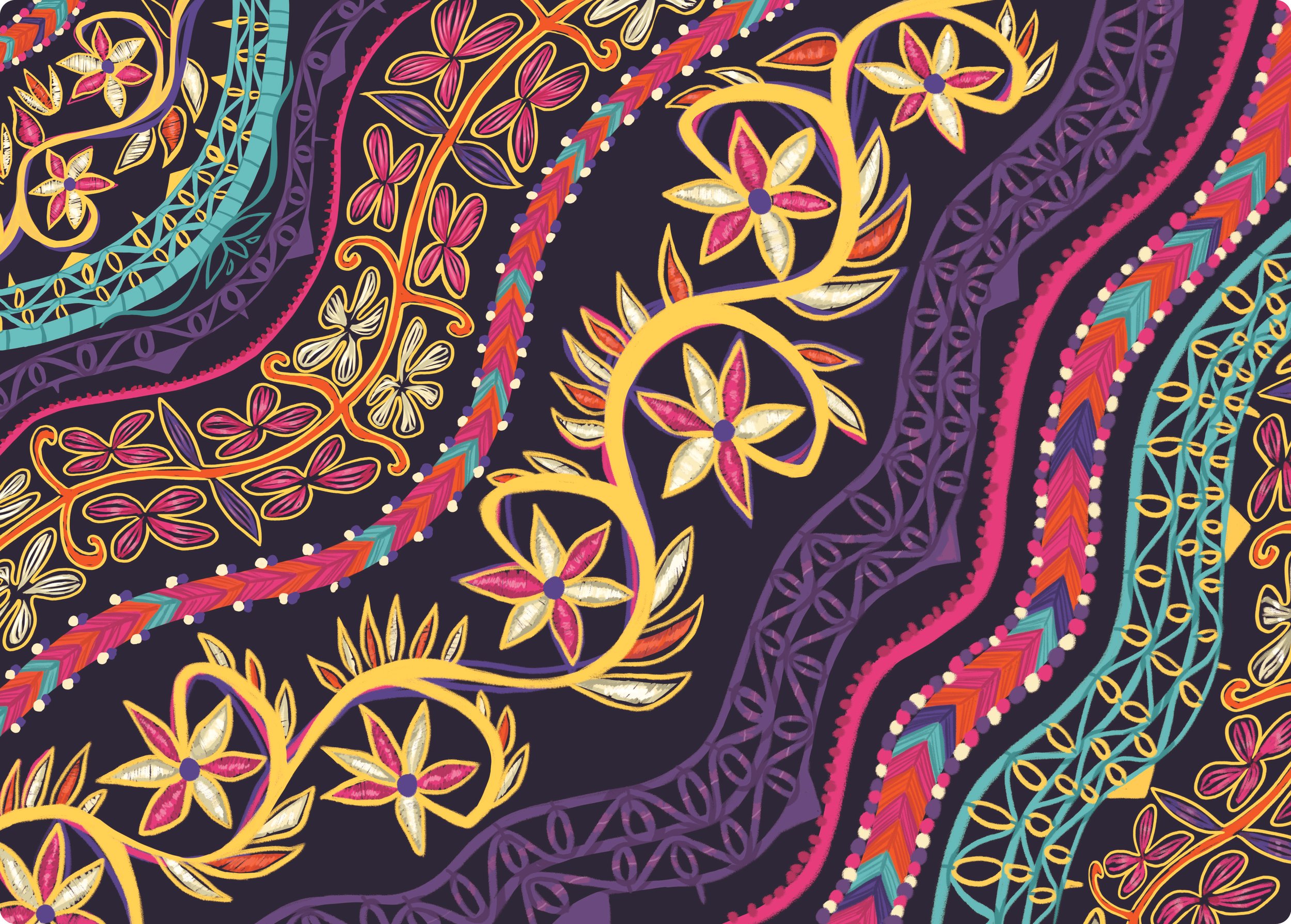
Arts & Culture
Palestinian textiles are dragged along a dark, violent path to museums. The pieces acquired during the British occupation of Palestine come from times of scarcity and need. If a Palestinian is parting with a heavily embroidered piece, it is because they have no other choice.
The likelihood of an artist from the Middle East coming to Berlin being seen through a non-orientalist lens is almost nonexistent.
For the urban/modern/civilised gaze, the source of rising fascism and racism are the inferior animalistic masses who must be repressed. It serves no purpose besides codifying townsfolk who are defined through their proximity to nature as lower life forms enslaved by their savage instincts and civilization as its’ superior antithesis.
Art, history and culture are also our resistance against the Israeli state because it represents a future for the Palestinian people. Documenting the past, and creating new culture and art means that there is something for Palestinians to continue building in the future.
We saw it happen to other people, to Bojack, to Diane, and we looked on in fear and awe, hoping we wouldn’t have to go through the same. We did, of course. Later on, we did.
From experimental artists, musicians and DJs, to skateboarders and analog video enthusiasts; a new cultural trend -one favoring an independent and experimental approach- is making waves across the local and regional art scene.
There is something to food beyond the sustenance it provides. There has to be because what compels me to spend a copious amount of money at an Asian restaurant for some rice and a viand just to taste something reminiscent of home?
There is a cloud of doubt over us that can scare us from suggesting things we love to others, even sometimes to people we love. I hate that cloud. I should be able to drag someone to something I like and explain why I do so if necessary.
Music has the ability to stay with us and it associates itself with a particular time period in our memories. Listening to that piece of music means reliving that moment again. Your body is etched in the present but your mental state is constantly travelling.
It is the story of when you are doing something wrong while failing to comprehend it, so you do it repetitively, you mess up horribly, and experience consequences. Besides that, this is a quirky and at times corny high-school fiasco revolving around 15-year-old Devi Vishwakumar.
Solarpunk, then, is a challenge to the modern adage that it is easier to imagine the end of the world than the end of capitalism, to which I can add ‘and growth-oriented economies’. It seeks to make imagining the end of capitalism easier, to make alternatives more reachable to the popular imagination, and to build community resilience in the process.
The position of the photographer and the gaze it dictates, reveal a hunger to capitalize on all forms of labour. In this case, the time workers spend posing for, hence creating the core content of the book - for free.
Pleasure is a form of freedom. When we fight for freedom, we can also attain it on a mundane, cellular, day to day way. When we honour our desires and daily pleasures, we carve out pathways to liberation.
Discovering new music is always very exciting, but discovering emo music as a little brown girl over a cup of chai and a bowl of Maggi noodles is truly something else.
The truth of the matter is this – we don’t need you to give us access to our own heritage (that is our right) and we certainly don’t need you to give us voices – we have our own!
For a people whose culture was systematically discriminated, stolen, assimilated and erased, speaking matters. Speaking matters as it functions as a means of not forgetting what happened and is happening. It’s exciting to see these artists walking surely through the thick cloud of prejudices against Kurds and insisting on speaking their stories in Kurdish and hopefully this is just the beginning.
I'm an 18-year-old Pakistani […] I grew up with random people making me feel like I am a burden to my dad. I grew up with my dearest ones telling me that I must not dream too big, as one day I'll have to give up on those dream for a man’s fragile ego. I was taunted by my relatives for not knowing how to cook. I was instructed to bow down to my husband’s will. I was taunted in the middle of traffic when people beside me whispered: "How shameless for a female to drive."
I could relate to Devi a lot. Maybe it is because Devi wears striped shirts and mom jeans — things I wear every day, like a cartoon character -- maybe it’s her way of dealing with trauma, maybe it’s that the only emotion she expresses in public is anger and that she is constantly fixated on doing things that would look good on her university applications, or maybe it’s simply her relationship with her mother.
Aesthetics like Kaling’s seem unaware that you can be attached to your culture, informed by it, but also break it down, question it, tear it apart to create holes in it so more voices can come through. It is uncomfortable work, but it is possible –— I know many Indians and South-Asians across the world that do it every day.
Hollywood celebrates representation politics and white saviourism as it did in Green Book, The Help or Driving Miss Daisy. It tries to be something new when in fact, it stays very loyal to Hollywood’s legacy.
Istanbul’s particular legacy of continual destruction – that of nature, history and the city itself – is certainly a source of great chagrin and resignation for its denizens. But not just that: a great deal of fight, discourse, resistance, civil solidarity and determination swirls around these issues, renewing one’s faith in humanity in new ways every day.

History & Anthropology
When I was 19, I joined a volunteer group and spent the summer living and working in Karin Tak, a village in Nagorno-Karabakh (Artsakh). Karin Tak, an Armenian village near Shushi, is named “under the rock” due to its location beneath the white cliffs that form Shushi’s southern edge.
By writing this piece, around the 16th anniversary of Kosovo’s independence, I aim to motivate others to think more critically about Kosovo’s history and to expand our collective understanding of educational resistance movements.
This is the American in me, brought up on Disney arcs and promises of individual exceptionalism. Americanized modernity has rendered the bathroom arguably the most essential room in a modern household, but it was not always so.
I finally found a thread that leads from the land she came from to the bristled leaves that sprouted from it, to the grazing flocks of sheep that my grandmother tended and whose wool she shore, from there to the yarn she spun, and finally to a story told and recorded.
When it comes to the construction of race in today’s discourse, is it merely based on phenotype without considerations to cultural and/or genetic heritage? What if one’s “look” does not match their “race”? Is “Blackness” or “Whiteness” merely on the basis of skin tone or do socio-cultural aspects also exist?
Jadi Rana sent the Zoroastrians a full glass of milk, to indicate that his kingdom was filled to the brim. In response, the Zoroastrians poured sugar into the milk and gave it back, without spilling a single drop.
As for my identity in Turkey well, for the Moros I am a Filipino, for the Filipinos I’m an American, and for the Americans, I finally get to be a fucking American. At least the Turks were consistent in labelling me a yabancı.
If I had felt my own confusion about identity as a knot in my stomach, somebody else could have felt it as a compression in their chest, another as an ache on their shoulder.
Jahriyya followers continue to hold the view that it is their particularly loud and melodious chanting that sets them apart from other Sufi and non-Sufi Muslims in China. At times the significance of sound even surpasses that of textual learning in assessing the position of a Sufi in the spiritual hierarchy.
Stories of jinn and especially possession by jinn serve to quell spiritual and social aberration amongst believers by reinforcing authority of religious doctrine.
Although major media outlets tend to portray Islam as a hindrance to women’s emancipation, to these women, Islam offers them agency that their local culture denies.
Every few years I find myself in a spell of being unable to read fiction. A lot of the time I think it’s all frivolous, self-indulgent bullshit, anyway, trying at once to create worlds while most often disengaging from the one we live in.
Cities
Nightmare on Togo Street: Traveling to Istanbul through the Magical Portal of Japanese Nationalism
Kazuma Iwata

Cities
That night, one of them walked into a place in Barcelona where I felt safe and didn't bother to cover the horrible nazi tattoo on his back. Instead, he acted as if he was doing the most natural thing in the world.
How did an urban legend about a street in Istanbul named after a Japanese admiral turn into a gateway drug for fascist ideology?
Istanbul discourse is a dangerous quagmire of clichés, of which "bRidGe BeTweEn eASt aNd wEsT" is but one. But those of us who have lived here long enough are hyper-sensitive to the political intentions behind every statement concerning Istanbul.
I had begun considering Pakistan nothing greater than, and I quote an actual sentence I once said, “a lifeless soulless husk; just a place on the world map next to giants like China.” So as this kid silently bops his head to AJJ, I think back to the first time I found life in Pakistan when I visited Sehwan Sharif.
Beirut never healed. It just learned to accept its predicament. Beirut, like our parents, is not resilient. It is broken.
A recent article on the Independent talks about the “changing face of tourism” in Turkey and how it supposedly “burnt a vital bridge between East and West.” In the article, Şebnem Arsu writes about the recent hike of Arab tourists; basically freaking out because some Arab shops have opened instead of Turkish ones and because European tourists have become less visible.
“Cities are unpredictable’’ says writer Teju Cole in his book Open City; “Once you give up insisting on stereotypes, you can really start to see’’. Seeing beyond one’s sight is often difficult especially in project-streets like İstiklal which are designed to hide the unwanted with either a secular Western facade or AKP’s money-drawing-shopping-star-project-district. In both cases, the real makers of the city are sacrificed in the name of formal, structural change.
At that moment I realized that abolitionist laws — which were primarily pushed by the American Christian Right and were later adopted by Western feminist schools — are now being lobbied for by middle class feminist activists from developing countries who care little about actually protecting women, but would rather turn to the West for their moral compass.
In the 1930’s, the Turkish state usurped the Surp Agop cemetery in Istanbul. Tombstones from the cemetery were used to construct the National radio station headquarters and the stairs for the famous Gezi park. Why is this act of violence forgotten? Why does symbolic oppression often take precedence over real violence and injustice?

















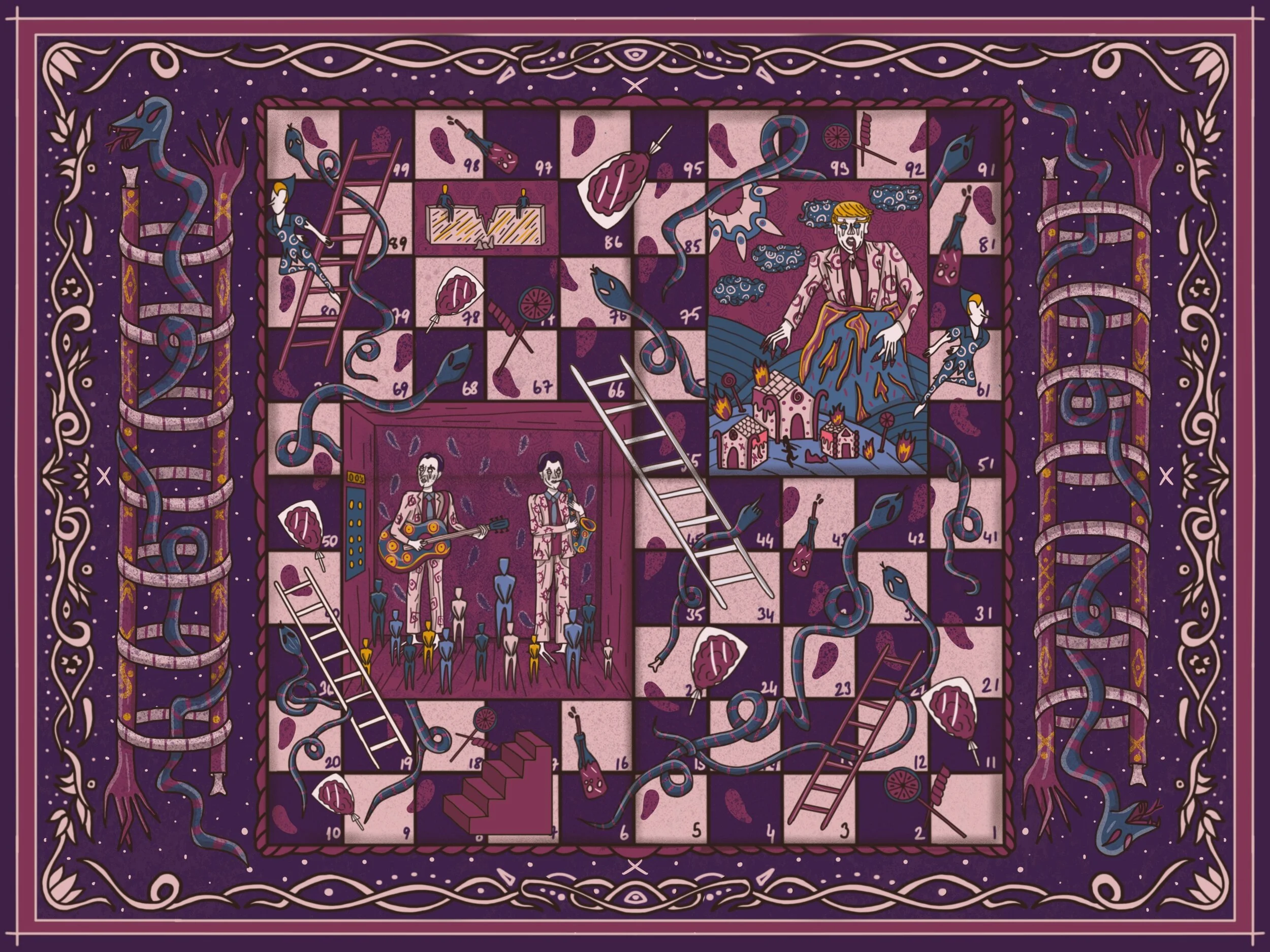


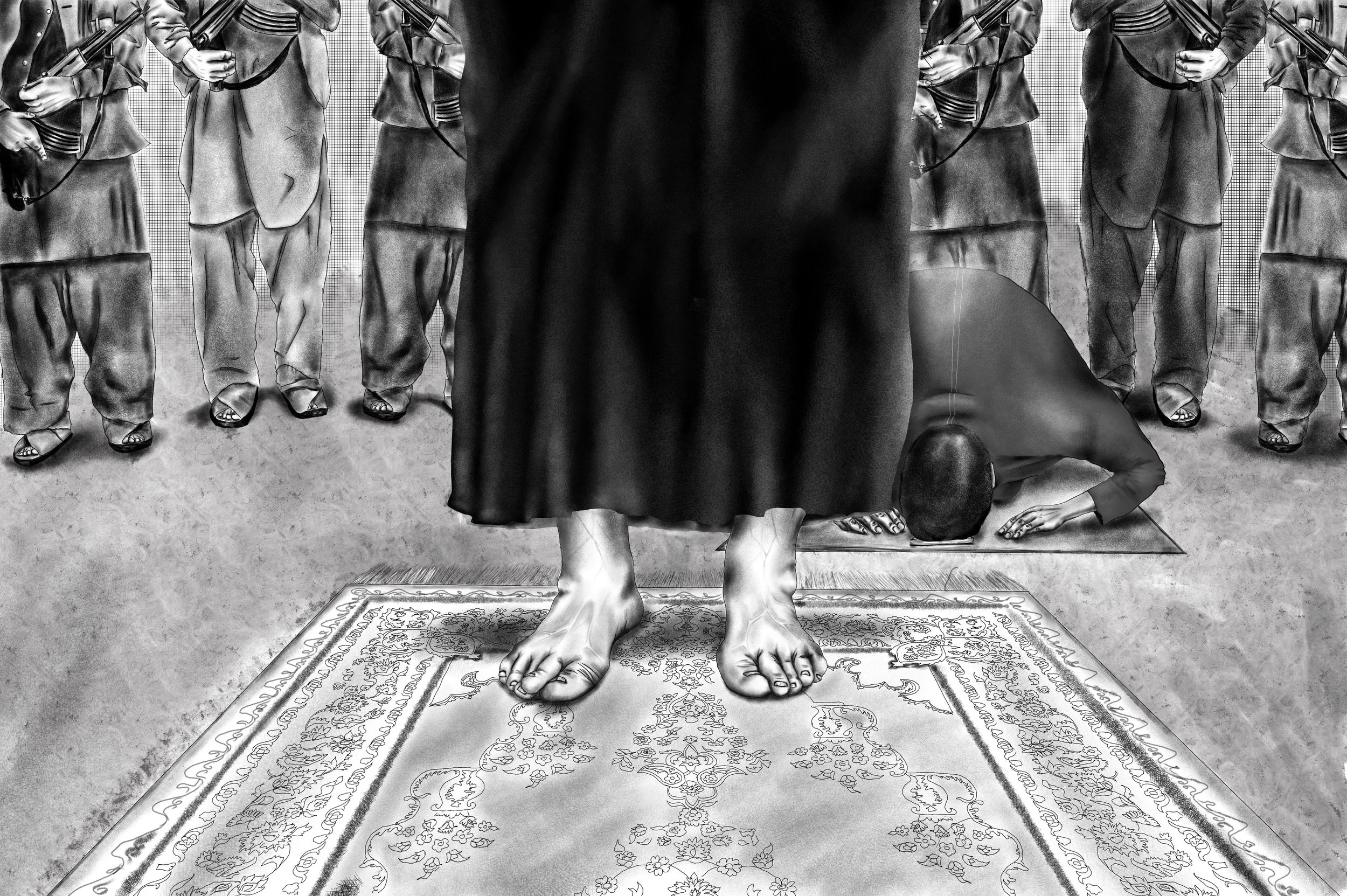

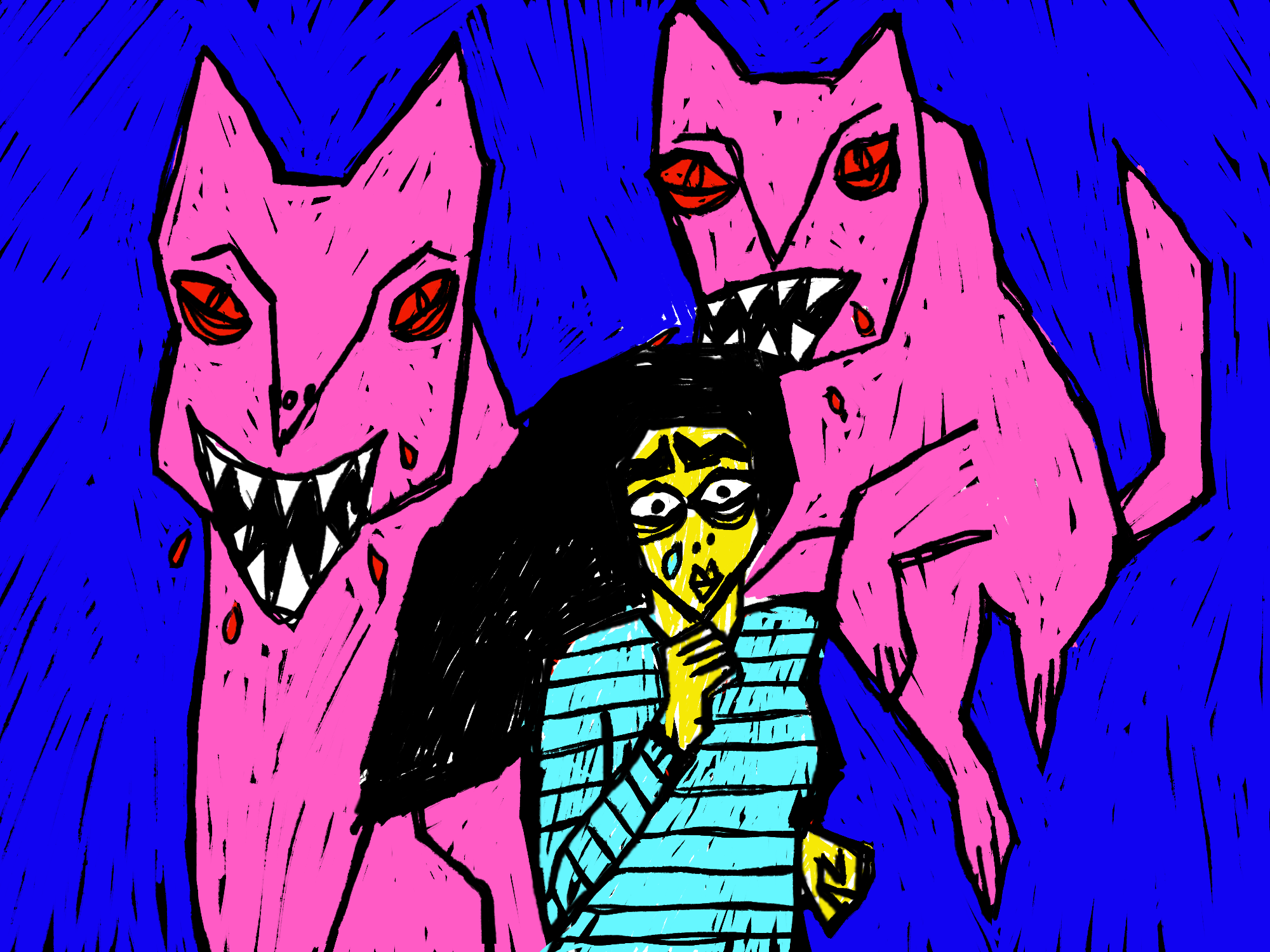













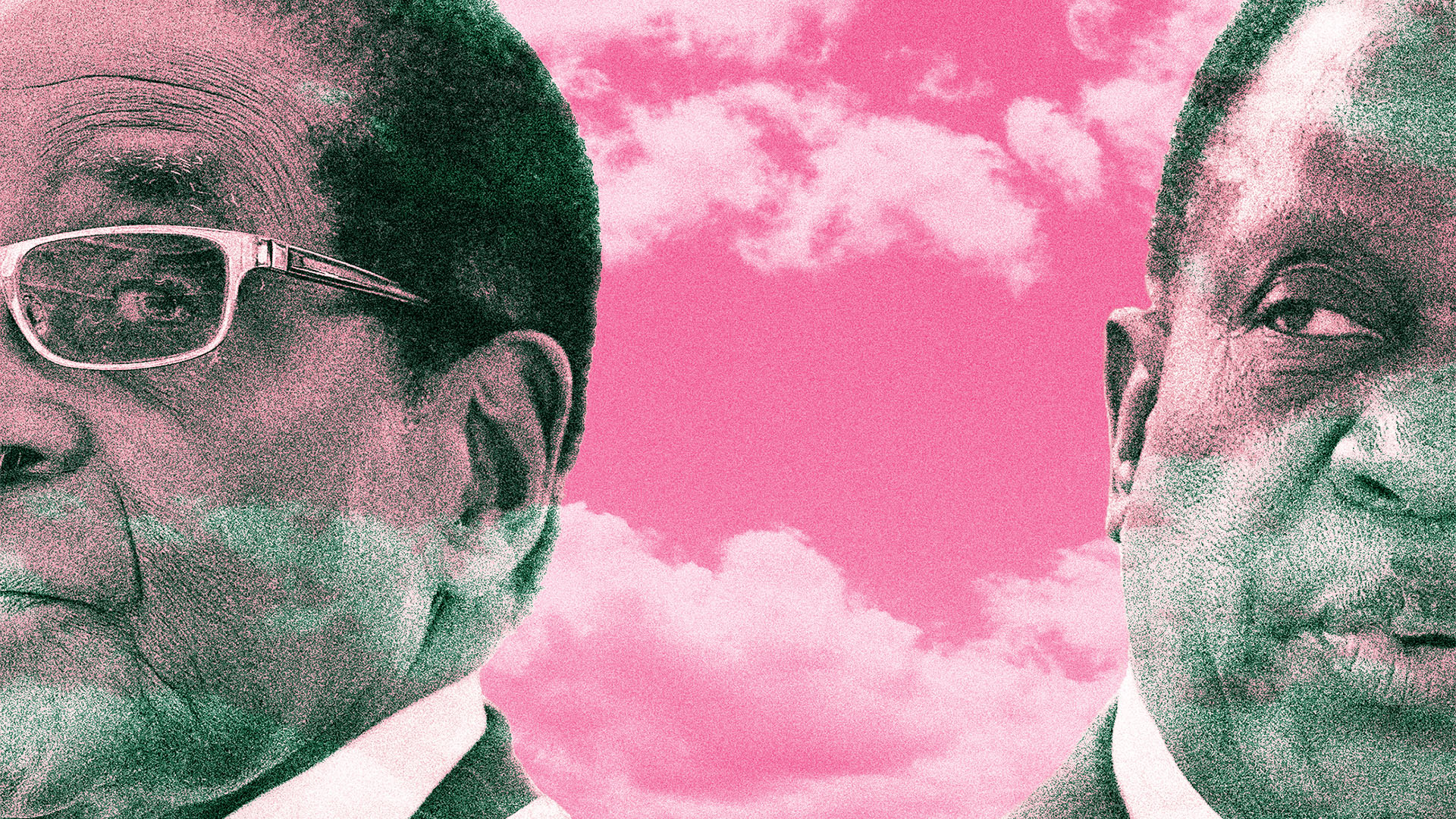














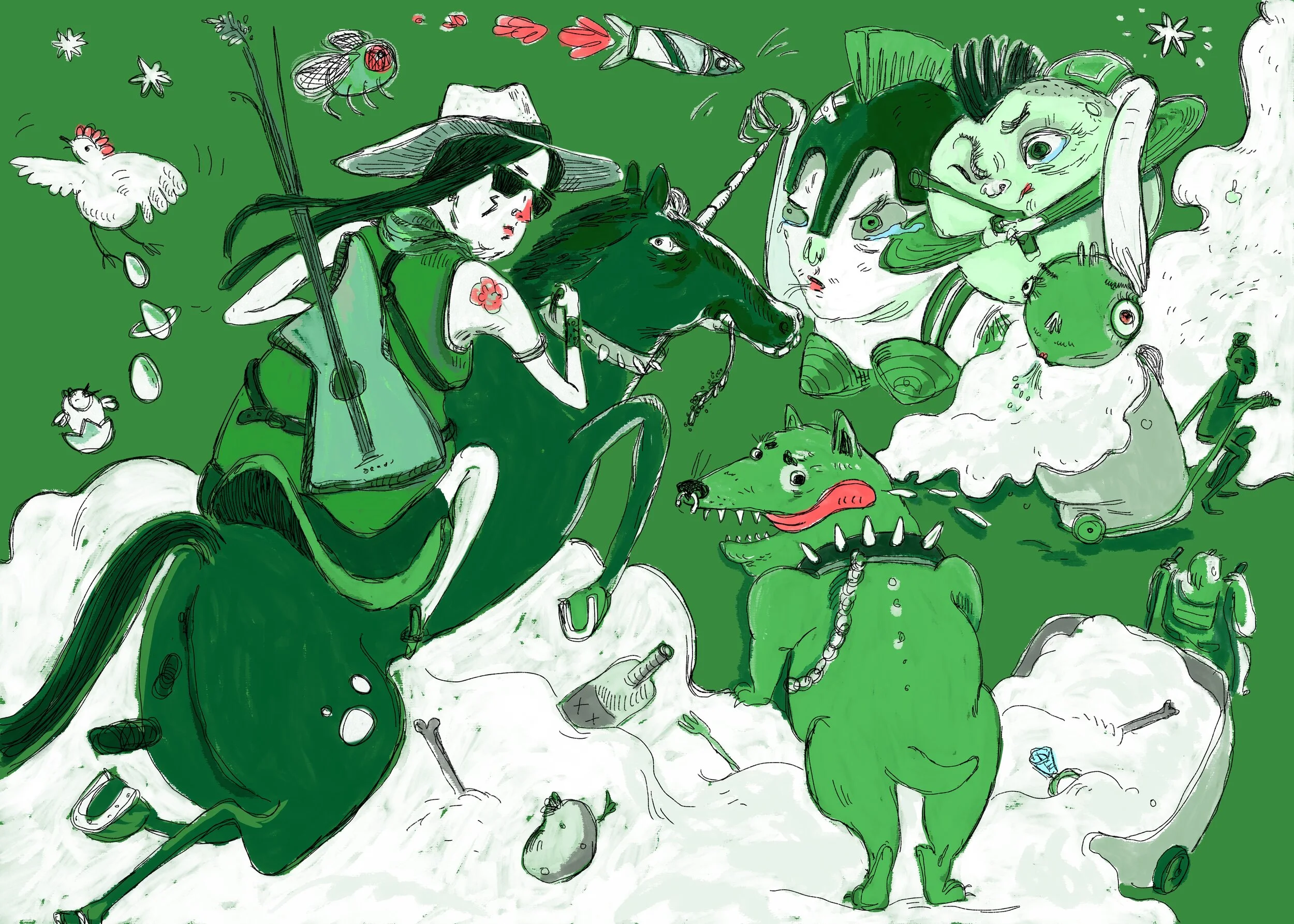



























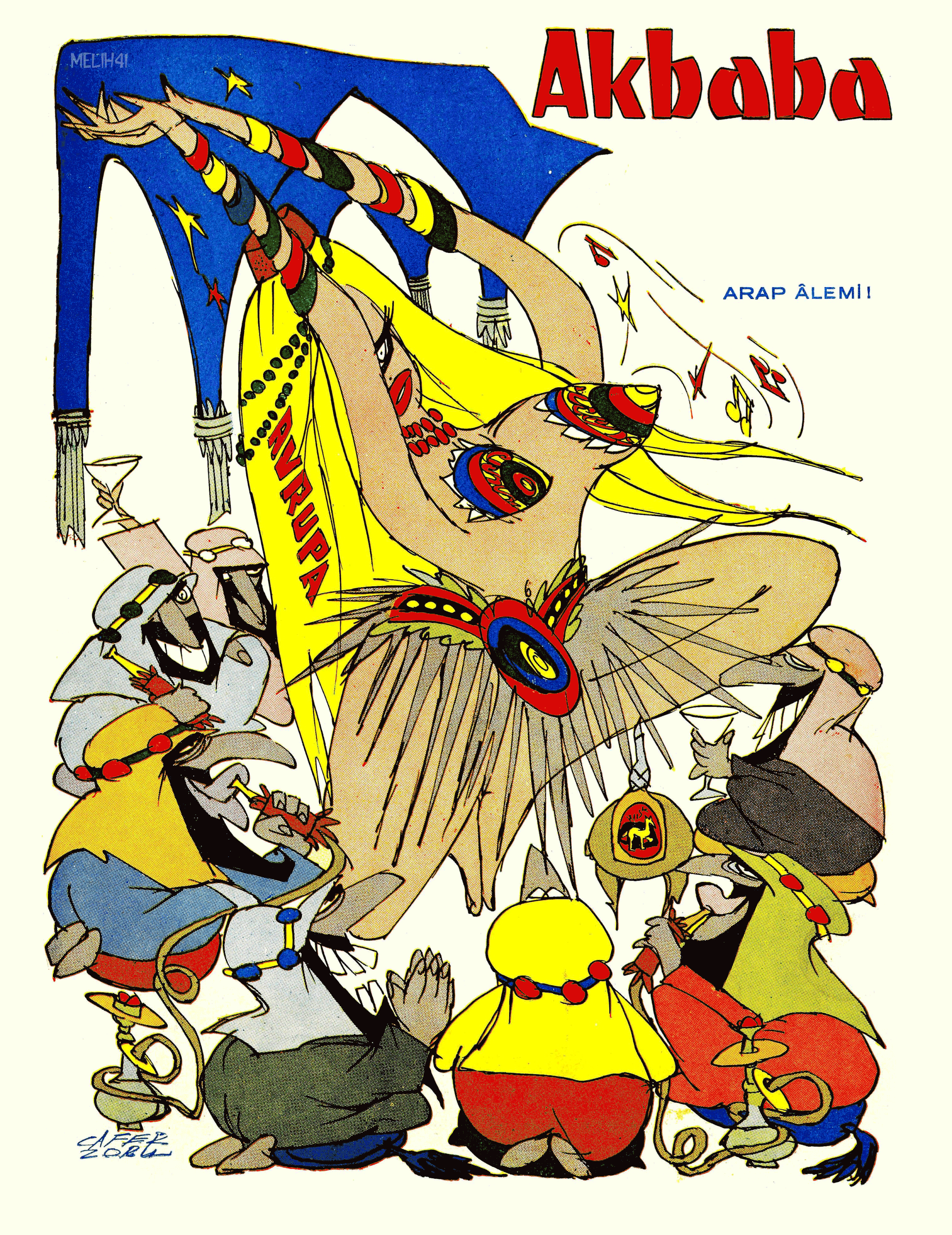



Regarding those meetings with other organizations, quite often I would head to a meeting and find a foreigner, usually from a Western nation who had just arrived in the West Bank, but would be the “knowledgeable” resource person I was supposed to look for to gain insight into the current situation. I sat with one expert lauded by a previous team for her knowledge on local communities only to be told by those in said local communities that she barely interacted with them and kept a ‘healthy’ distance when it came to village visits. Yet these “gatekeepers” are deemed better resource persons than the people they supposedly represent.